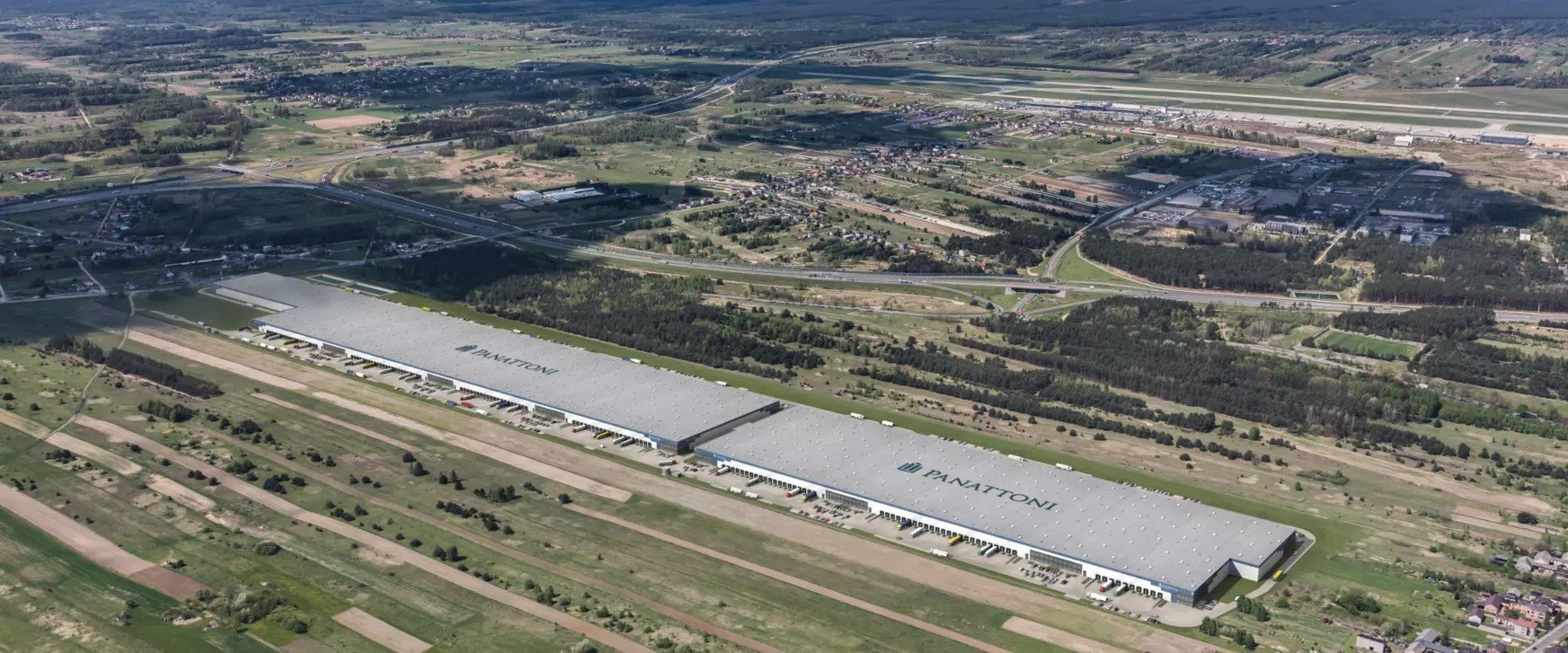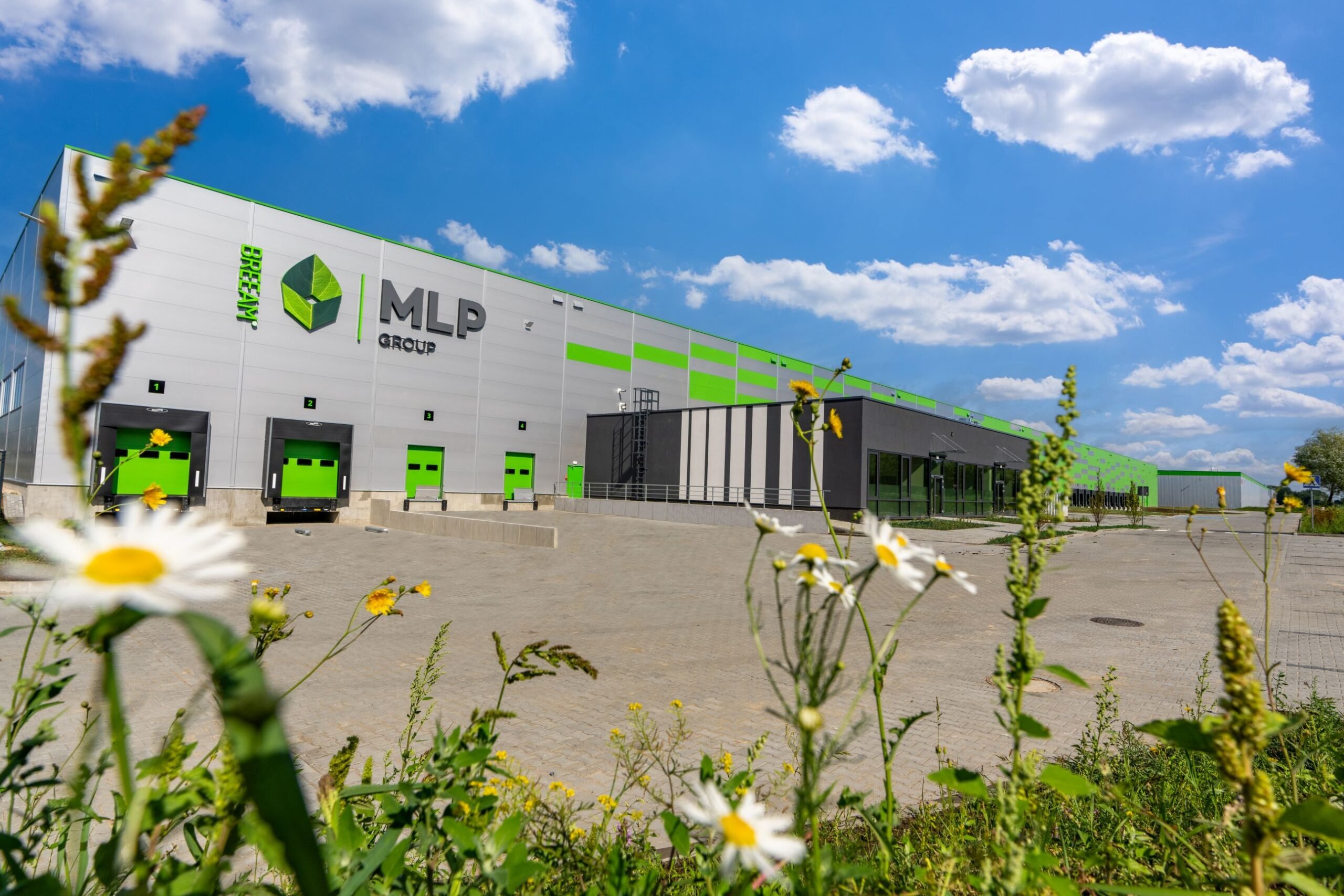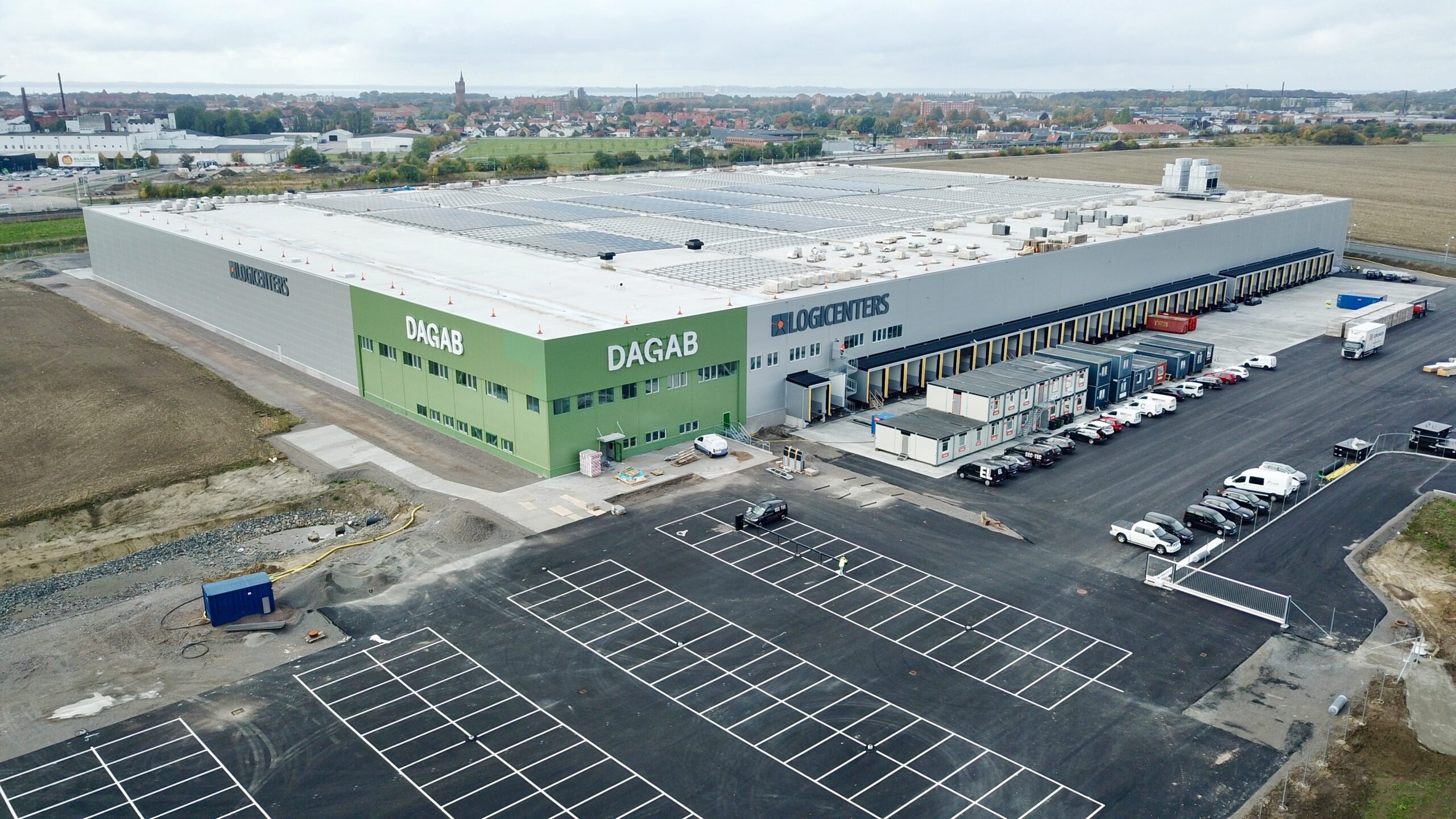
Prologis exceeds £2bn of investment in London ‘last-mile’ logistics
More from Warehousing, Logistics and Industrial
Warehousing, Logistics and Industrial
ROHLIG SUUS LOGISTICS EXPANDS TO 48,000 SQM AT ELI WARSAW AIRPORT JANKI
European Logistics Investment (ELI), an established logistics platform in the Polish market, has finalised a major lease renewal and expansion at its A-class Warsaw Airport Park in Janki with...
Warehousing, Logistics and Industrial
W. P. Carey Completes €169 Million Sale-leaseback of Polish Logistics Portfolio
Warehousing, Logistics and Industrial
7R secures another successful sale to French investor
Developer 7R has finalised the sale of a modern warehouse facility near Słupsk. The asset was acquired by CRISTAL Life, a real estate investment trust managed by French asset...






